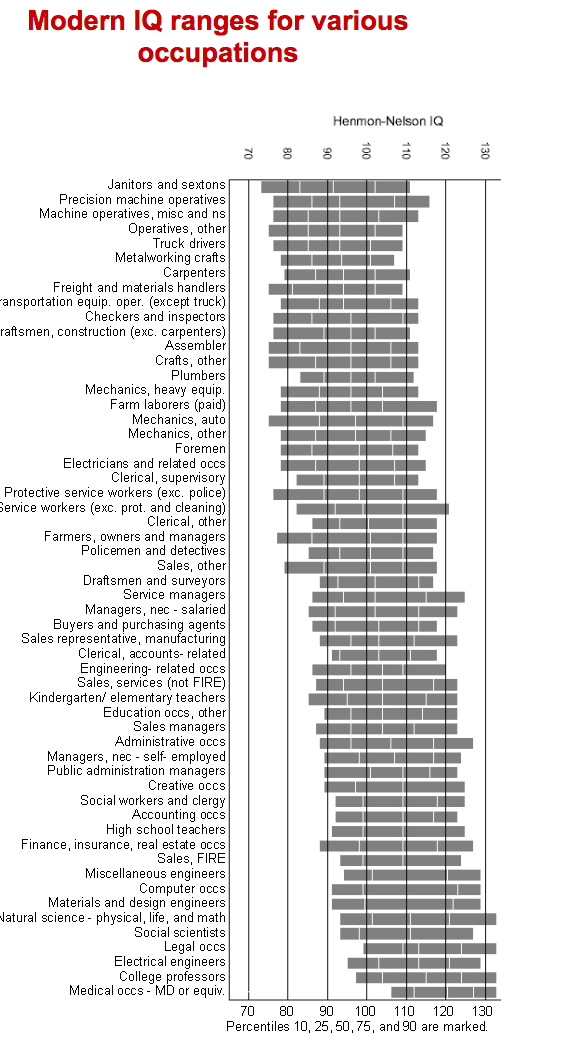A lot has been spoken about technology and society especially due to the rapid and exponential pace at which it is growing. There are many articles written and talks about the way in which technology is killing human interaction, making people lonelier (despite being connected to a much larger number of people), increasing depression, producing psychopaths (aka multi-player action games that involve a lot of bloodshed), and making us dependent. The list can go on and on. And so, I am going to limit my thought process on one single aspect of technology that bothers me a bit.
Don’t get me wrong! I like all aspects of technology that are to be loved. It is convenient, it saves time and it helps us connect with people. The best part of technology for me is the access that it provides to me (easily and free too) for all the knowledge and information that I seek. In fact, while I was writing this article, my husband pinged me on Whatsapp wondering whether we should plan a trip to Taiwan in December. Within 15 minutes I had checked out the requirements of a visa to Taiwan for Indians, the hikes that we could do near Taipei and the approximate cost of flight tickets to Taipei from Singapore.
So, What the Problem With Technology?
The biggest and most significant issue that I have with technology is that it seems to control us. There are some aspects of using technology that trigger the dopamine-producing neural network and therefore it seems that we are almost incapable of stopping. Different aspects of technology enthrall different people and age groups depending on what gives them a high! So, while teenage boys may be unable to put their phones down while playing PubG, teenage girls seem to be equally mesmerized with social media apps (there is obviously a bit of generalization here).
Don’t be fooled into believing that this issue lies only with the immature teens who are still figuring how to control their own will. My mother sits up in bed even after a long day just to finish her 5 lives each on GardenScapes or CandyCrush. And yours truly sits for a full day binge-watching ‘How to Get Away with Murder’.
However, this issue is not so tough to deal with. One has only to be aware of it and ‘actually’ willing to control technology in order to do it. Simple actions like switching off notifications for group chats, keeping media time alerts and the like can help you manage this. I think I have fairly mastered this one over time and do not consider myself a slave to the mobile phone. In fact, there are times when I am sitting at dinner with the family in a restaurant and gazing at all the others busy on their phones and I wonder at the power of technology. This, I consider, is one of the ways in which you can ‘Get Your Remote-Control Back (GYRCB) – a coaching program that I work on with my clients.
The Bigger Problem With Technology – That I Have No Answer For!
Technology is making a lot of jobs redundant in our society. The internet is rife with statistics about how blue-collared jobs have been compromised in the past because of machines, robotics, and now artificial intelligence. Those who do not feel this threat talk about the extra employment opportunities that technology is creating and therefore maintaining that balance.
However, what is not being thought through is this. IQ is normally distributed in our society and it is one of the most robust measures of competence in the world of psychology. It is a great predictor of college-level grades and along with conscientiousness, it is an even better predictor of success in the world. A great way to predict success in specific professions is to marry the IQ of an individual with the results on the big 5 personality traits (Agreeableness, Conscientiousness, Openness, Extroversion, and Neuroticism).
One should choose a profession based on their IQ and personality. So, if you are someone who is low on conscientiousness, a job that requires high levels of hard work may not be suitable. If you are high on trait neuroticism, a highly stressful job is not recommended. One should choose a job based on IQ that places them in a profession where they are somewhere in the middle in terms of IQ – so that they do not feel that they are the worst and complete losers and yet they have some scope for growth and development. Using this IQ model, there are categories of work that have been (loosely) defined for people who fall in various IQ bands.
Given that IQ appears in the shape of a bell-curve (normal distribution), one will always find people who have extremely high IQ and those who have low IQ’s as well. A classic categorization can be seen below:

If you notice there are no professions listed for those below the IQ of (approx.) 83. Even the US army that is otherwise almost always desperate to recruit people is not allowed to recruit people below an IQ of 83 by law. However, we have a 15% population in the world that falls below this level.

These are people who are incapable of performing or maintaining a job or thinking up of ideas about what they can do to sustain themselves financially. The kind of jobs that technology is generating requires an IQ that is way above this level. One of the jobs that employ a large number of people today is drivers. And we are likely to have driverless cars that are far more sophisticated than what we have today in a matter of a few years.
Those with college degrees who feel that this technology revolution is not likely to affect them should think of this: Information, which is the hallmark of a lot of professions that are for the intellectual, has become accessible at the click of a button. People are becoming increasingly savvy about how to use the internet for ‘realistic’ and ‘true’ data. So, while the death of the specialized physician or the high-end lawyer is not so close, low-end doctors and lawyers already have a situation where their revenues are being compromised because of information accessibility. One does not have to consult a lawyer just to know what the laws of the land are. One can download templates of legally binding service agreements, no-objection certificates and the like from the Internet and learn how to draft and legalize a deal without the need of a lawyer easily.
The Bottom Line
People below IQ 83 cannot obtain or sustain a job, blue-collared work has already reduced significantly and continues to drop and the technology revolution has started to eat away at the fringe corners of white-collar professions as well. What are these people going to do with their time? What effects will it have on theft, crime, acts of revenge, alcoholism and drug abuse?
What are we as a society doing about this issue that will hit us in the face really hard after a few years? Is it an issue that we don’t have to bother about and should we leave it to the technology-loving millennials? Is this is the beginning of the world being taken over by Androids as they become savvier and start to self-learn?



Recent Comments